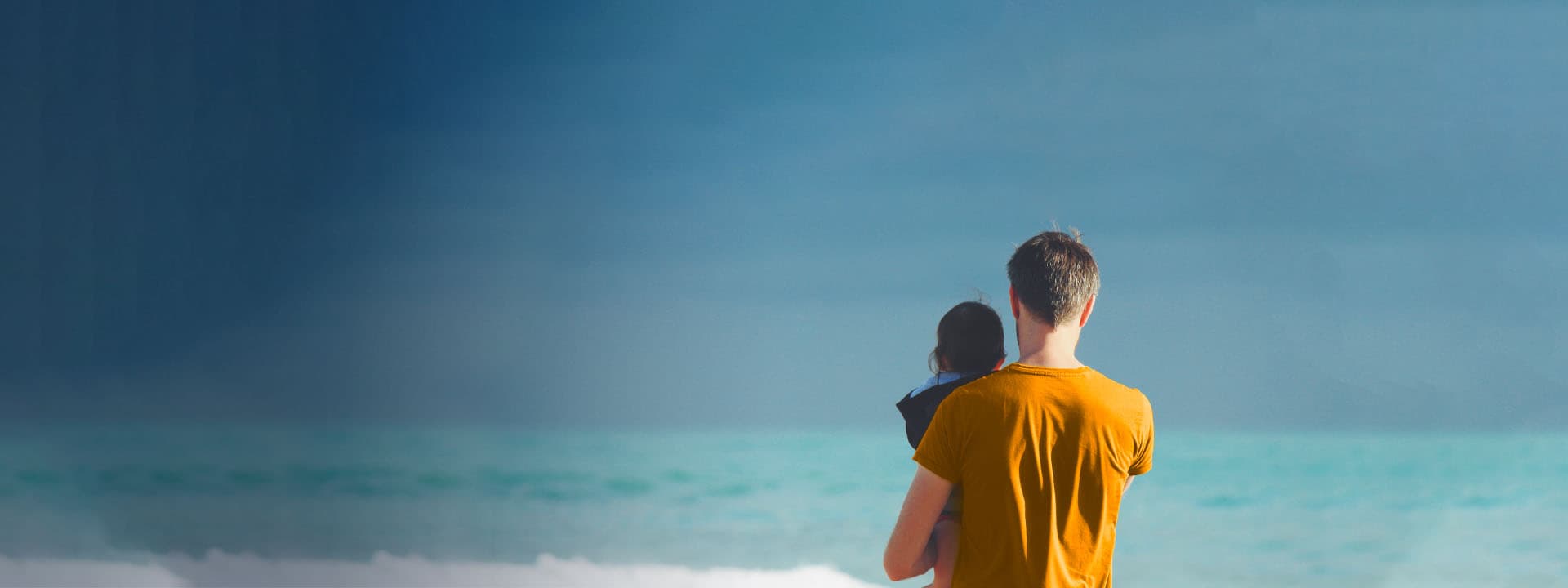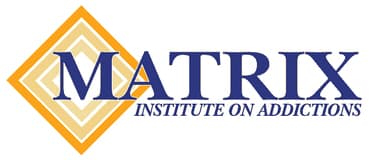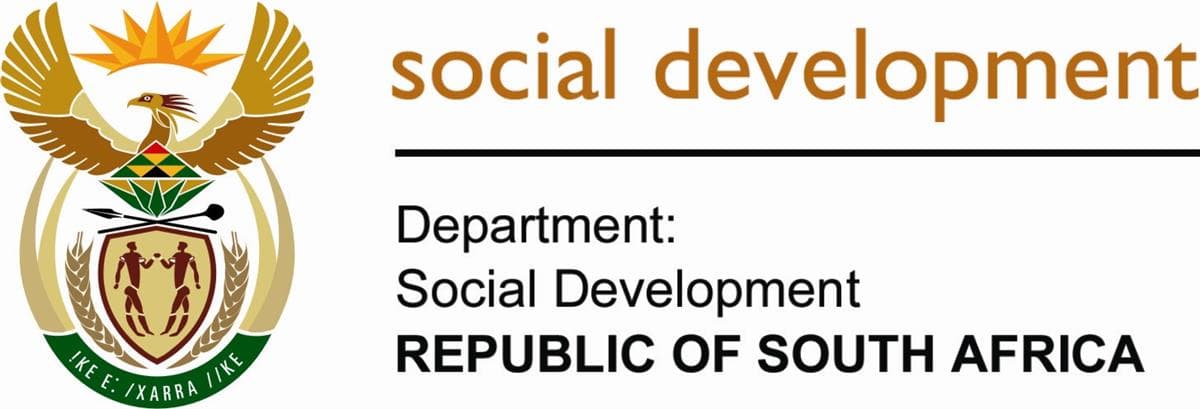

Intensive Outpatient Alcohol & Drug Treatment Program
(Matrix model™)

Certified Program of Excellence

Scienza Registration Certificate No: 15/10/3/4/2 - 12/2016
Medical Aid Practice No: 0470010667641

Scienza was born out of the need to find an alternative to hospital based rehab “treatment as usual”. Scienza was founded by Pierre Louw through his passionate journey in finding solutions that work to help others battling with substance use disorders.
Scienza's program of recovery has as foundation the Matrix program, an intensive outpatient well researched and evidence based program.
(https://www.clarematrix.org/training/the-matrix-model/)
In the program people are taught about how their drug and alcohol abuse has changed the way their brain functions. Exercises take into account these neurobiological changes. The disease of addiction is explained in a client centered way and in terms people can understand. Treatment session topics are designed to help people understand how to deal with these changes in ways that are most likely to effect long-term sobriety. Family members are taught the same. Family education sessions involve presentation of accurate and current information about addiction, recovery, treatment, and the resulting interpersonal dynamics.
Family system research has shown that if the patient is closely involved with significant others the chances of treatment succeeding are immensely increased if significant others can become educated about predictable changes that will occur within the relationship as the recovery proceeds. This is in essence what makes the Matrix Model different from other treatment programs.
BUT, “different strokes for different folks” and people are highly different and unique in their specific needs. At Scienza, with Pierre as “coach”, different treatment modalities are added based on trial and error in finding what eventually works for each individual. It might be adding new well-researched anti-addiction medications to crush strong cravings and help the brain heal, or addressing psychiatric / psychological help for dual diagnoses (underlying depression, anxiety, or other psychopathology) or for some spiritual guidance. Whatever “it” is, “it” will be found. In the process, it is OK and normal to make mistakes. Lapse / relapse is not failure - finding and experimenting with what works can lead to beautiful things.
Family system research has shown that if the patient is closely involved with significant others the chances of treatment succeeding are immensely increased if significant others can become educated about predictable changes that will occur within the relationship as the recovery proceeds. This is in essence what makes the Matrix Model different from other treatment programs.
BUT, “different strokes for different folks” and people are highly different and unique in their specific needs. At Scienza, with Pierre as “coach”, different treatment modalities are added based on trial and error in finding what eventually works for each individual. It might be adding new well-researched anti-addiction medications to crush strong cravings and help the brain heal, or addressing psychiatric / psychological help for dual diagnoses (underlying depression, anxiety, or other psychopathology) or for some spiritual guidance. Whatever “it” is, “it” will be found. In the process, it is OK and normal to make mistakes. Lapse / relapse is not failure - finding and experimenting with what works can lead to beautiful things.